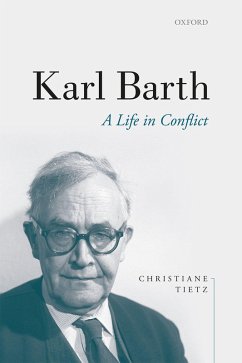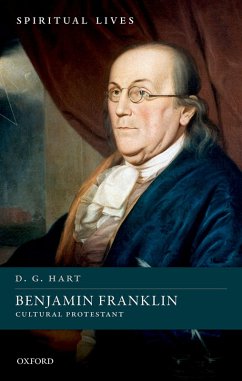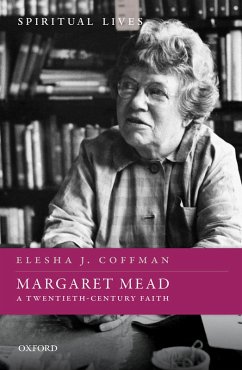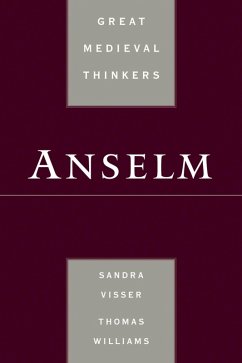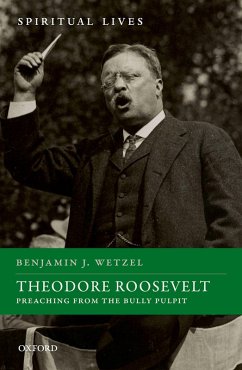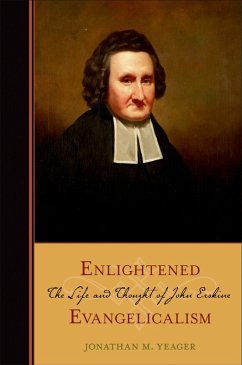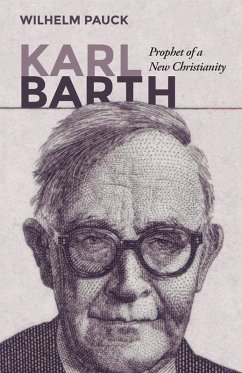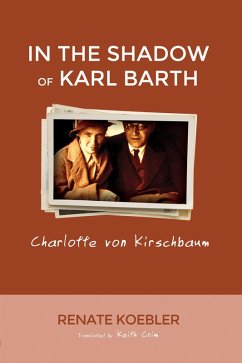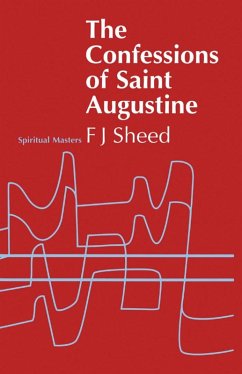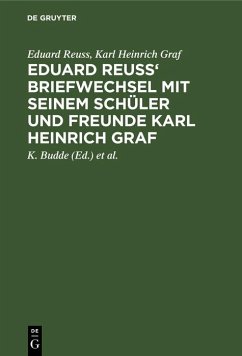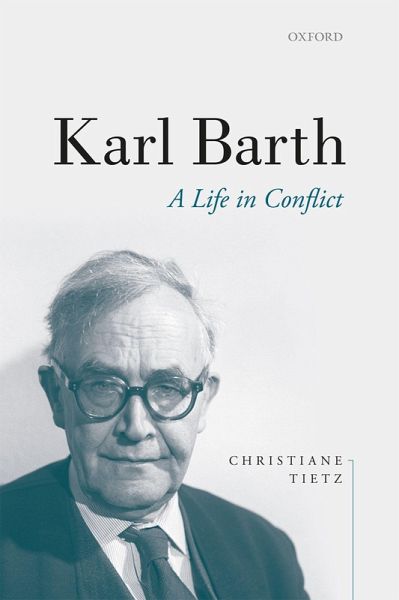
Karl Barth (eBook, PDF)
A Life in Conflict
Übersetzer: Barnett, Victoria J.
Versandkostenfrei!
Sofort per Download lieferbar
19,95 €
inkl. MwSt.
Weitere Ausgaben:

PAYBACK Punkte
10 °P sammeln!
From the beginning of his career, Swiss theologian Karl Barth (1886-1969) was often in conflict with the spirit of his times. While during the First World War German poets and philosophers became intoxicated by the experience of community and transcendence, Barth fought against all attempts to locate the divine in culture or individual sentiment. This freed him for a deep worldly engagement: he was known as "the red pastor," was the primary author of the founding document of the Confessing Church, the Barmen Theological Declaration, and after 1945 protested the rearmament of the Federal Republ...
From the beginning of his career, Swiss theologian Karl Barth (1886-1969) was often in conflict with the spirit of his times. While during the First World War German poets and philosophers became intoxicated by the experience of community and transcendence, Barth fought against all attempts to locate the divine in culture or individual sentiment. This freed him for a deep worldly engagement: he was known as "the red pastor," was the primary author of the founding document of the Confessing Church, the Barmen Theological Declaration, and after 1945 protested the rearmament of the Federal Republic of Germany. Christiane Tietz compellingly explores the interactions between Barth's personal and political biography and his theology. Numerous newly-available documents offer insight into the lesser-known sides of Barth such as his long-term three-way relationship with his wife Nelly and his colleague Charlotte von Kirschbaum. This is an evocative portrait of a theologian who described himself as '"God's cheerful partisan"' who was honored as a prophet and a genial spirit, was feared as a critic, and shaped the theology of an entire century as no other thinker.
Dieser Download kann aus rechtlichen Gründen nur mit Rechnungsadresse in A, B, BG, CY, CZ, D, DK, EW, E, FIN, F, GR, HR, H, IRL, I, LT, L, LR, M, NL, PL, P, R, S, SLO, SK ausgeliefert werden.




